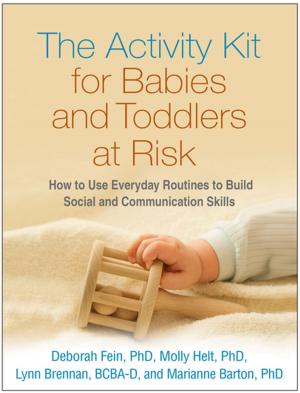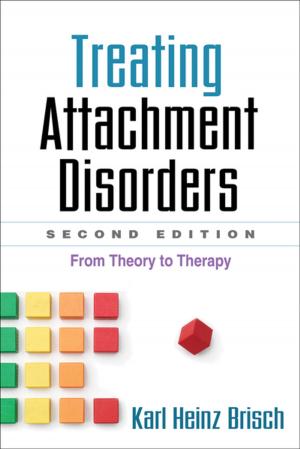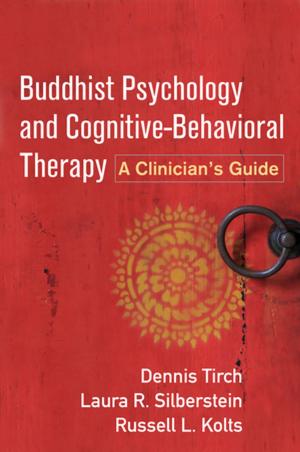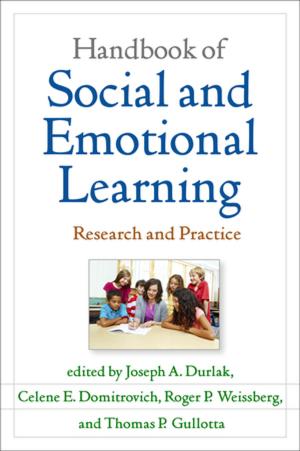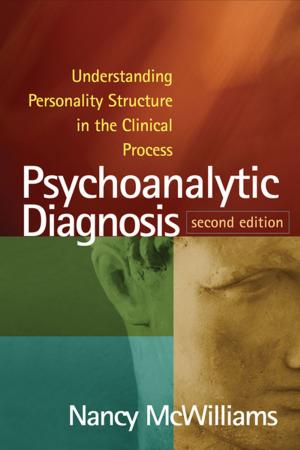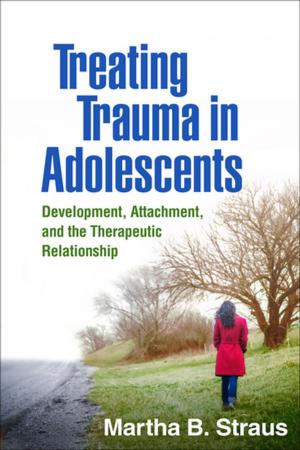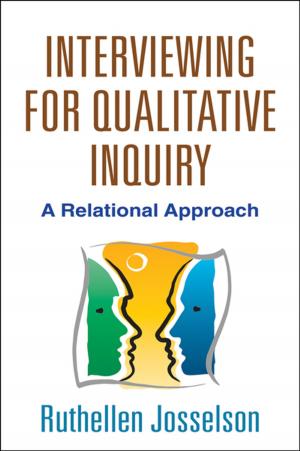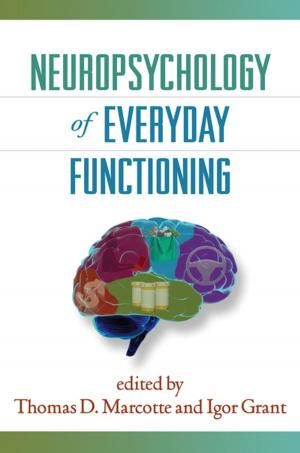Raising a Moody Child
How to Cope with Depression and Bipolar Disorder
Nonfiction, Health & Well Being, Psychology, Family Therapy, Medical, Ailments & Diseases, Mental Health, Family & Relationships, Parenting| Author: | Jill S. Goldberg Arnold, PhD, Mary A. Fristad, PhD, ABPP | ISBN: | 9781462506675 |
| Publisher: | Guilford Publications | Publication: | March 23, 2012 |
| Imprint: | The Guilford Press | Language: | English |
| Author: | Jill S. Goldberg Arnold, PhD, Mary A. Fristad, PhD, ABPP |
| ISBN: | 9781462506675 |
| Publisher: | Guilford Publications |
| Publication: | March 23, 2012 |
| Imprint: | The Guilford Press |
| Language: | English |
Every day can be an ordeal for families struggling with the difficult, moody, "impossible" behavior that may point to childhood depression or bipolar disorder. Effective help for kids does exist, but it often requires a customized combination of medication, therapy, coping skills, and support. From esteemed clinician and researcher Dr. Mary Fristad and fellow treatment expert Dr. Jill Goldberg Arnold, this indispensable book explains how treatment works and what additional steps parents can take at home to help children with mood disorders--and the family as a whole--improve the quality of their lives. Explained are why symptoms look so different (and can be so much harder to manage) in children and teens than in adults, how to find the right doctor or therapist, and how to help kids develop their own "coping toolkits." Bursting with practical tools, FAQs, and examples, the book covers everything from dealing with medical crises to resolving school problems, sibling conflicts, and marital stress.
Every day can be an ordeal for families struggling with the difficult, moody, "impossible" behavior that may point to childhood depression or bipolar disorder. Effective help for kids does exist, but it often requires a customized combination of medication, therapy, coping skills, and support. From esteemed clinician and researcher Dr. Mary Fristad and fellow treatment expert Dr. Jill Goldberg Arnold, this indispensable book explains how treatment works and what additional steps parents can take at home to help children with mood disorders--and the family as a whole--improve the quality of their lives. Explained are why symptoms look so different (and can be so much harder to manage) in children and teens than in adults, how to find the right doctor or therapist, and how to help kids develop their own "coping toolkits." Bursting with practical tools, FAQs, and examples, the book covers everything from dealing with medical crises to resolving school problems, sibling conflicts, and marital stress.

